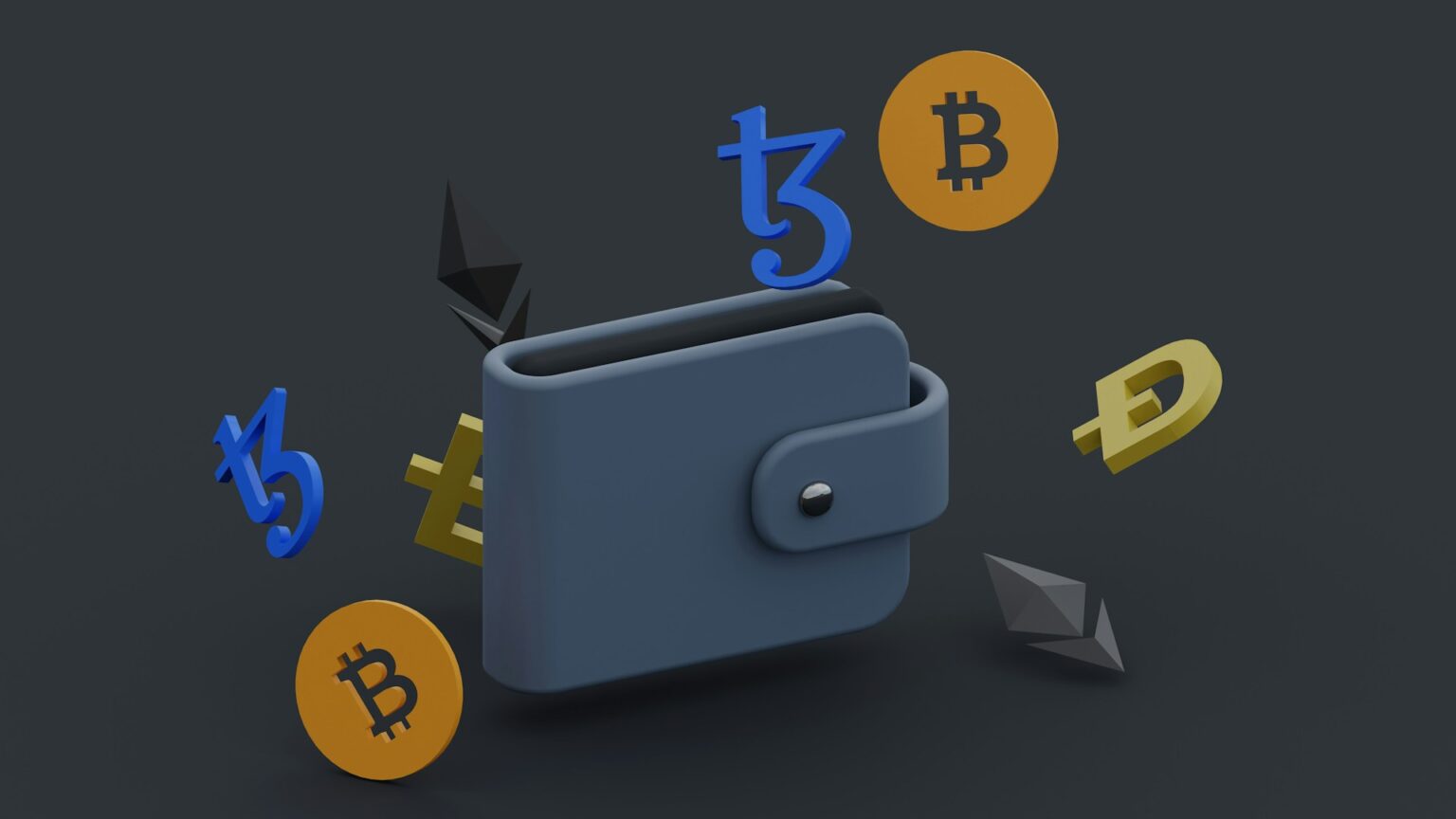In today’s rapidly evolving digital landscape, embracing technological advancements is paramount for businesses striving for efficiency and innovation. Among the most promising developments are Tron and Artificial Intelligence (AI), which are revolutionizing the way we approach decentralized workflows.
Understanding Tron: Empowering Decentralized Protocols
Tron, founded by Justin Sun in 2017, is a blockchain-based platform designed to decentralize the internet. It aims to provide a scalable, high-throughput infrastructure for the development of decentralized applications (dApps) and smart contracts. With its emphasis on high performance and low cost, Tron has emerged as a leading player in the blockchain space.
Advantages of Tron in Decentralized Workflows
1. Scalability and Throughput
Tron boasts impressive scalability and throughput capabilities, enabling it to handle a high volume of transactions quickly and efficiently. This makes it ideal for applications requiring real-time data processing and large-scale operations.
2. Cost-Effectiveness
By leveraging a delegated proof-of-stake (DPoS) consensus mechanism, Tron significantly reduces transaction fees compared to traditional blockchain networks. This makes it more accessible to businesses of all sizes, particularly those operating on tight budgets.
3. Interoperability
Tron is designed to be interoperable with other blockchains, facilitating seamless integration with existing systems and protocols. This interoperability unlocks new possibilities for collaboration and innovation, enabling businesses to leverage the strengths of different blockchain networks.
The Role of Artificial Intelligence in Decentralized Workflows
While Tron provides the infrastructure for decentralised applications, it’s essential to recognise the evolving landscape of best Tron Casinos. Artificial Intelligence (AI) further enriches workflows by infusing them with intelligence and automation. AI algorithms meticulously sift through extensive data sets, discern patterns, and execute decisions promptly, thereby augmenting efficiency and productivity.
Applications of AI in Decentralized Workflows
1. Smart Contract Management
AI-powered algorithms can automate the execution and management of smart contracts on Tron’s blockchain. By analysing contractual terms and monitoring performance metrics, AI can ensure compliance and enforce agreements without human intervention.
2. Predictive Analytics
AI algorithms can analyse historical data on Tron’s blockchain to predict future trends and behaviours. This insight enables businesses to make data-driven decisions, anticipate market shifts, and adapt their strategies accordingly.
3. Security and Fraud Detection
AI-powered security systems can monitor Tron’s blockchain for suspicious activity and potential security threats. By detecting anomalies and patterns indicative of fraud or cyberattacks, AI can help mitigate risks and safeguard sensitive information.
Outlook: Synergies Between Tron and AI
As Tron continues to evolve and expand its ecosystem, the integration of Artificial Intelligence (AI) holds immense potential for unlocking new capabilities and driving innovation. By combining the scalability and efficiency of Tron with the intelligence and automation of AI, businesses can create truly decentralized workflows that are robust, secure, and adaptive to change.
Conclusion
In conclusion, Tron, and Artificial Intelligence (AI) represent the future of decentralized workflows, offering unprecedented opportunities for efficiency, innovation, and collaboration. By harnessing the power of these technologies, businesses can streamline operations, reduce costs, and stay ahead in today’s competitive landscape.
